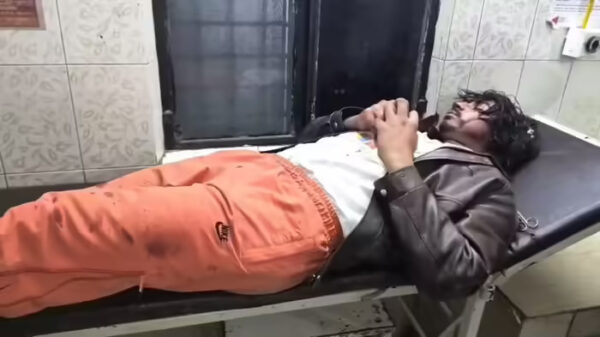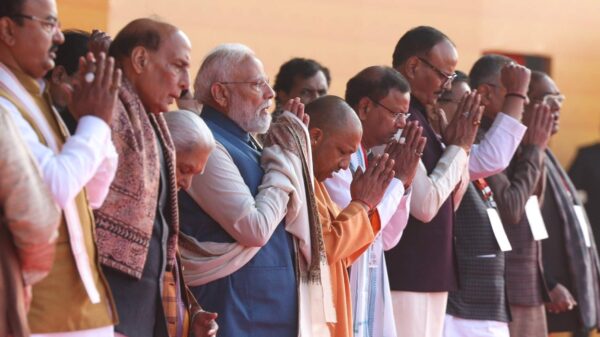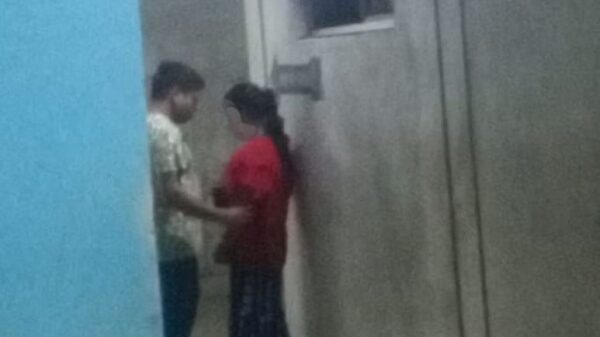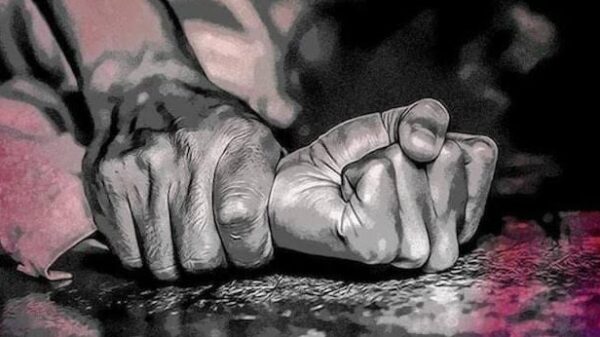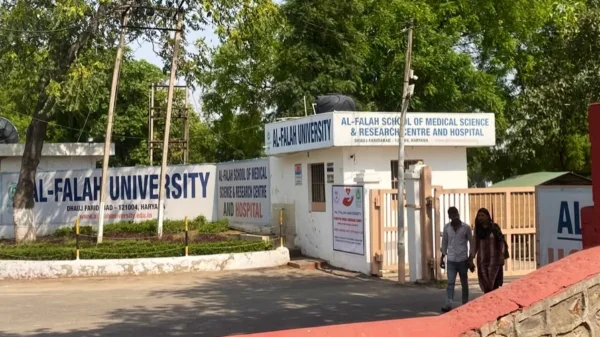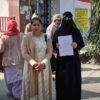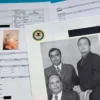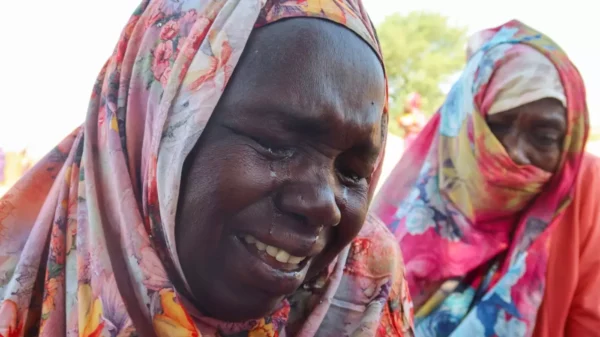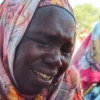Hundreds of civilians have been killed in Sudan’s western Darfur region after the Rapid Support Forces (RSF) seized control of the city of el-Fasher, according to medical groups and researchers. The Sudan Doctors Network said on Wednesday that at least 1,500 people were killed over the past three days as residents tried to flee the city. The group described the violence as “a true genocide.”
“The massacres the world is witnessing today are a continuation of what happened in el-Fasher more than a year and a half ago, when over 14,000 civilians were killed through bombing, starvation, and executions,” the group said, accusing the RSF of running “a deliberate and systematic campaign of killing and extermination.”
New evidence from Yale University’s Humanitarian Research Lab supports these claims. The lab released satellite images showing clusters of what appear to be human bodies and large patches of red discoloration on the ground after the RSF took over the city. Nathaniel Raymond, the lab’s executive director, said, “We are seeing objects that measure between 1.5 to 2 meters—the standard length of a human body—lying across the city. Those objects were not there 36 to 48 hours ago.”
The RSF captured el-Fasher, the Sudanese army’s last major stronghold in Darfur, after a 17-month siege. The Sudanese government said that more than 2,000 people have been killed in the city since Sunday, accusing the RSF of attacking civilians, including people sheltering in mosques and hospitals.
Al Jazeera’s Hiba Morgan reported from Khartoum that videos circulating on social media show RSF fighters shooting at civilians trying to escape and executing patients inside the Saudi Hospital in el-Fasher. The World Health Organization (WHO) said it was “appalled and deeply shocked” after confirming that at least 460 people were killed at the hospital, including patients, health workers, and people who had sought refuge there.
Regional countries, including Saudi Arabia, Egypt, Qatar, Turkiye, and Jordan, condemned the attacks and called for an immediate ceasefire. Saudi Arabia expressed “deep concern” over grave human rights violations, while Egypt called for a humanitarian truce. Qatar and Turkiye denounced the “atrocities against civilians” and urged peace talks to end the bloodshed.
The RSF, which evolved from the notorious Janjaweed militia responsible for genocide in Darfur in the 2000s, has been at war with Sudan’s national army since 2023. The conflict has killed tens of thousands and displaced more than 12 million people.
Ahmed Ibrahim, a former Sudanese government official, told Al Jazeera that the RSF was originally meant to be integrated into the national army, but internal and geopolitical tensions prevented it. “This is not just a power struggle between two generals,” he said. “It’s part of a larger geopolitical attempt to reshape the region and control Sudan’s resources.”
El-Fasher’s fall gives the RSF near-total control of Darfur and has raised fears that Sudan could split again—more than a decade after South Sudan gained independence.






